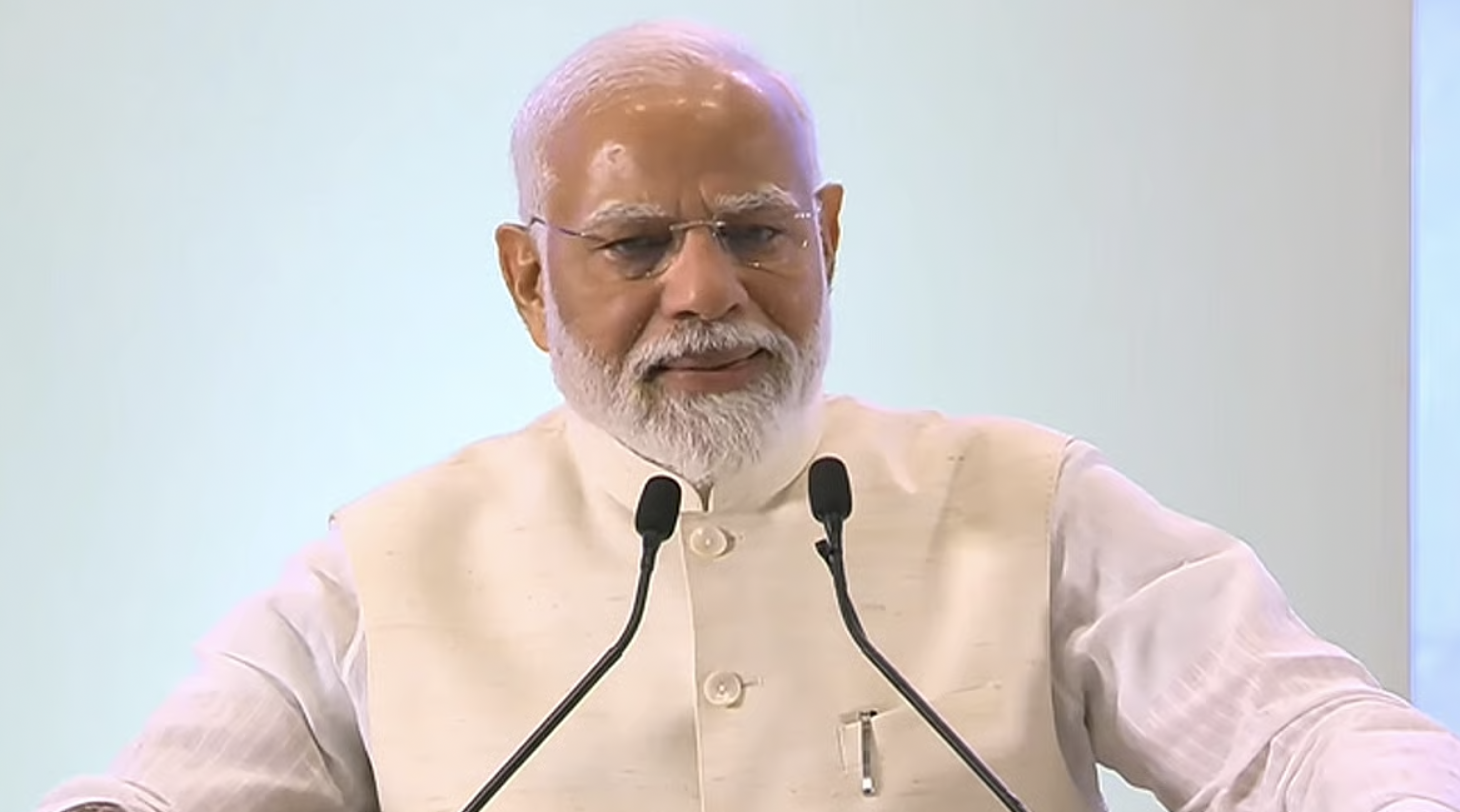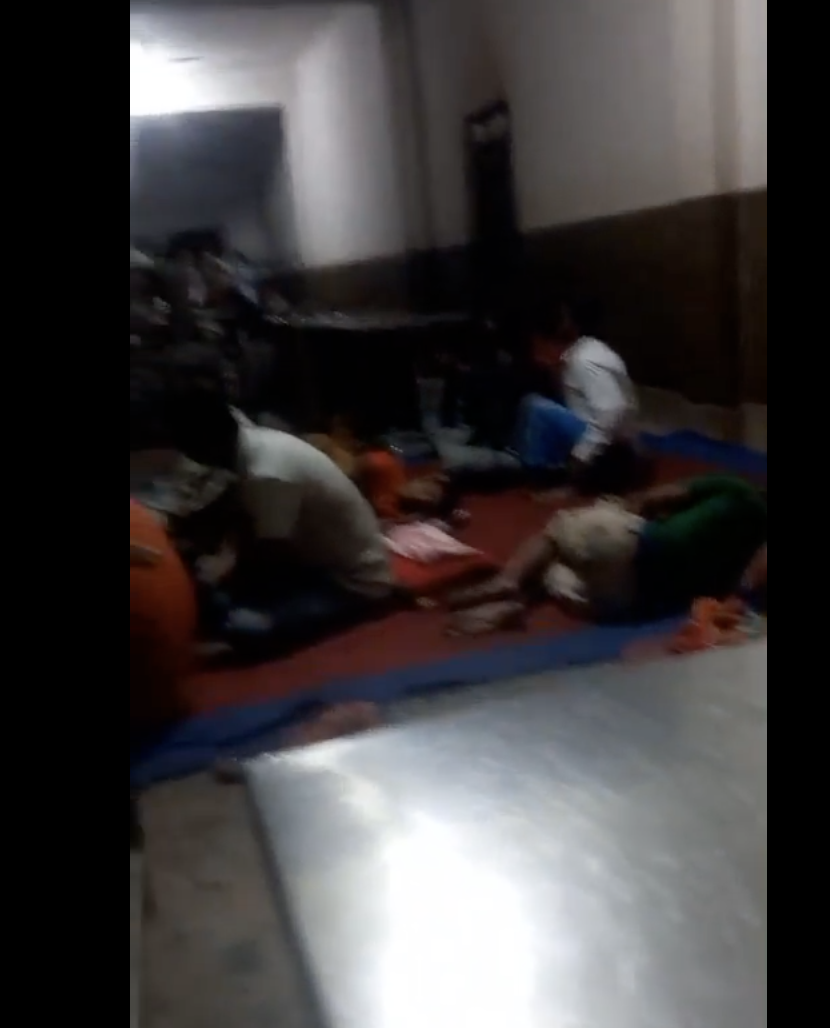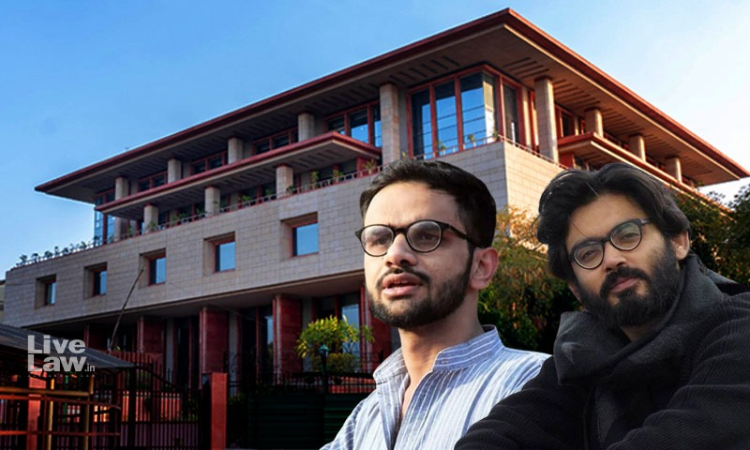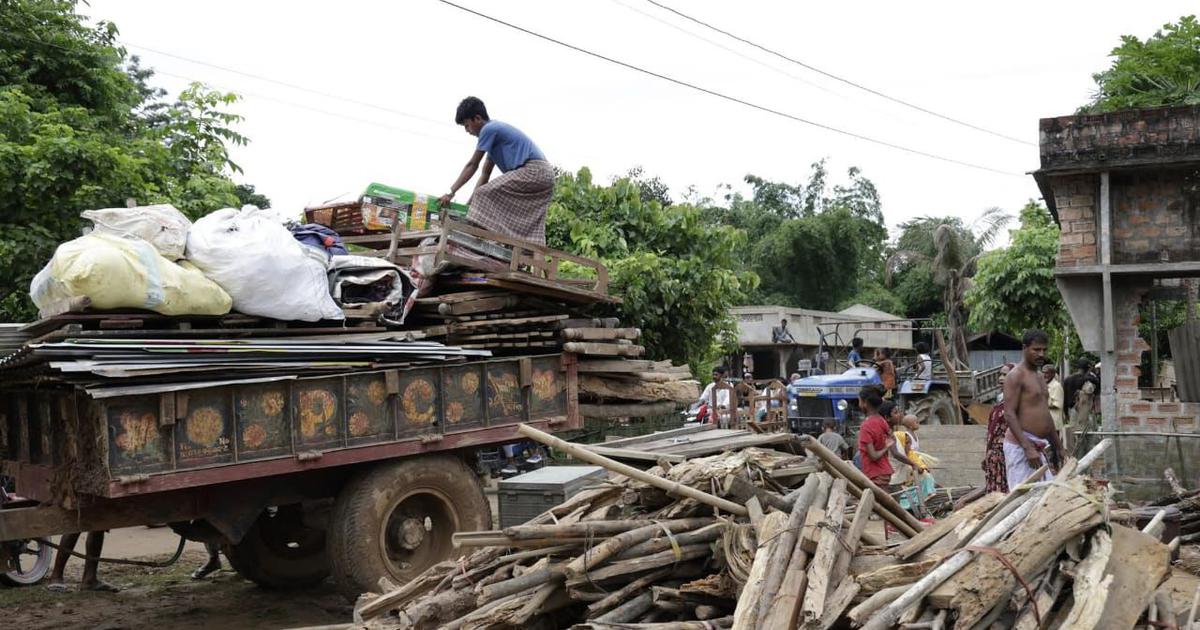
Srinagar: A day after the Jammu and Kashmir district court at Bandipora on January 15 granted bail to 23-year-old journalist Sajad Gul in a criminal conspiracy case levelled against him by police, Gul was booked under the Public Safety Act (PSA) and shifted to Kot Bhalwal jail in Jammu.
Gul who is a trainee reporter with the portal The Kashmir Walla and a student, was arrested on the night of January 5 from his home in Hajin area of Bandipora district. He was charged under sections 120B (criminal conspiracy), 153B (imputations, assertions prejudicial to national integration) and 505B (fear or alarm to the public) of the Indian Penal Code.
The local court had directed police to release him against a bond of Rs 3,0000 if he was not involved in any other crime. He was not released and police have claimed that his name has surfaced in another FIR registered earlier this month (number 2/2022) under sections 153B (imputations, assertions prejudicial to national-integration), 147 (rioting), 148 (rioting, armed with deadly weapon), 149 ( every member of unlawful assembly guilty of offence committed in prosecution of common object) and 307 (attempt to murder) of the Indian Penal Code.
The PSA is a preventive detention law under which a person is taken into custody to prevent them from acting harmfully against “the security of the state or the maintenance of the public order” in Jammu and Kashmir. Under the PSA, a person can be detained for a period of three to six months without trial.
Speaking to The Wire, Umair N. Ronga, legal counsel for Gul, alleged that the police could not make a case against him and consequently decided to book him under this law. “These are all baseless cases. They can’t keep him behind bars only for frivolous cases. The only power they have is to level the PSA against him. They are taking advantage and misusing this power. Otherwise they would not have come up with another FIR,” he said.
Ronga believes that Gul would have secured bailed in the fresh FIR as well if police would have allowed another trial, even though the FIR cites offences under section 307. “These are false and frivolous cases and they know that they will not stand. Police’s only motive is to keep him behind bars,” he said.
“In the past, they have come up with three different cases and all are baseless,” Ronga told The Wire. The lawyer has started preparations to file an application in the high court to quash the FIR.
A family in distress
On January 16, at Gul’s mother had cooked special dishes for him thinking that he would be brought back to home by his elder brother who was at Hajin police station waiting for his release.
They had made all preparations for the celebration. “We were happy since morning that he will be released but we had no idea that they would slap him with a PSA and continue to detain him,” Gul’s elder brother Zahoor Ahmed told The Wire.
Ahmed had not seen Gul for four days. Since their father’s death in 2008, Ahmed has looked after Gul. “He is like my son,” he said.
When the family reached the police station with his bail application, no one replied to them, Ahmed said, adding that he was left following policemen from one room to another while they ignored him.
“They (the police) treat you like street dogs. They kept us waiting until a police officer told me that he will not be released today and asked me to leave the place,” he said.
He was told that one more FIR has been filed against Gul but not given details. “When I eventually saw him, he was not looking well. He has lost weight and it was difficult to see him in that condition,” he said, voice cracking.
“They bundled him in a police van and took him somewhere. Later, we came to know he has been sent to Kot Bhalwal in Jammu.”
The family heard about his PSA charge in the news at around 11 pm. Since then, they have been extremely worried. “He was our only hope and we had dreamed that he would do something good for the family. But police shattered them all,” Ahmed said.
Despite financial stress following their father’s death, Ahmed had ensured that Gul receive an education.
“He was a blooming flower and had recently started doing well in his profession, but they spoiled it all,” Ahmed told The Wire.
Earlier charges
On January 8, J&K Police in a statement said that they have arrested Gul for allegedly provoking people to “resort to violence and disturb public peace”.
They said that Gul “uploaded the objectionable videos with anti-national slogans raised by some women folk on the day when most wanted terrorist Saleem Parray was eliminated in Shalimar Srinagar”.
“…the said person under the garb of journalist [sic] is habitual of spreading disinformation/false narratives through different social media platforms in order to create ill will against the government by provoking general masses to resort to violence and disturb public peace and tranquility,” the statement read.
In The Wire’s previous report about Gul’s arrest, Senior Superintendent of Police of Bandipora district said that Gul had posted tweets that could have created law and order problems in the region and police won’t allow anybody to disrupt normal peace and tranquility.
The Wire has attempted to contact the Inspector General of Police for his comments on Gul’s case but he did not respond. The story will be updated if and when he does.
Press freedom
In the past three years, there has been a rapid surge in harassment, threats and arrests of journalists in Kashmir.
After New Delhi read down Article 370 of the constitution in 2019, journalists have repeatedly urged the government to allow them to report freely. They have faced physical attacks, threats and summons from the police which journalists in Kashmir believe are aimed at muzzling the press.
In January 2020, the Union government issued a media policy that gives the government more power to censor newspapers in the Valley. Its immediate impact was witnessed in local press as many newspapers have stopped reporting stories that they feel could land them in trouble.
Gul’s arrest has been widely condemned by journalists, activists across the globe and there has been demand for his immediate release.
Senior journalist and author Gowhar Geelani told The Wire that journalism has never been a cakewalk in a conflict zone, but he believes that things in Kashmir are getting extremely difficult.
“An aspiring journalist’s career has been marred by invoking draconian sections, which is a telling commentary on the existing state of affairs. This is being done to throttle press freedom, discourage people from pursuing journalism as a career and make an example out of a budding scribe,” he explained.
Editor-in-chief of The Kashmir Walla Fahad Shah told The Wire that the law was used to “keep him away as he was seen as a troublemaker by the administration while he was doing his job.”
Condemning the PSA charge, he said, “He joined us recently and has also worked for several organisations in the past. We will try to get his detention quashed,” he added.
Soon after Gul’s arrest, the Committee to Protect Journalists asked the authorities to immediately release the journalist. The media watchdog on Saturday said it was “deeply disturbed” by his arrest and asked the Indian authorities to “drop their investigation related to his journalistic work”.
In June last year, the United Nations had expressed concern about the “alleged arbitrary detention and intimidation” of journalists in the region. The UN statement, besides citing examples of other journalists in the region, had also mentioned Gul’s case.
On January 16, in a surprising move, the management of Kashmir Press Club (KPC) was taken over by a group of journalists and newspaper owners who were escorted by armed forces. Soon after the takeover, scores of media bodies including The Editors Guild of India and Press Club of India expressed that “armed takeover” by “self-declared management” a violation of the sanctity of the club.
“Even more disturbingly, the state police entered the premises without any due warrant or paperwork, and have therefore been brazenly complicit in this coup,” the Guild said in a statement.
On Monday, the J&K government took over the KPC, the biggest journalists’ body in the Valley, citing a potential law-and-order situation. It has also canceled allotment of land and buildings, and handed the club and its existing structures to the Estates Department.
This story first appeared on thewire.in






